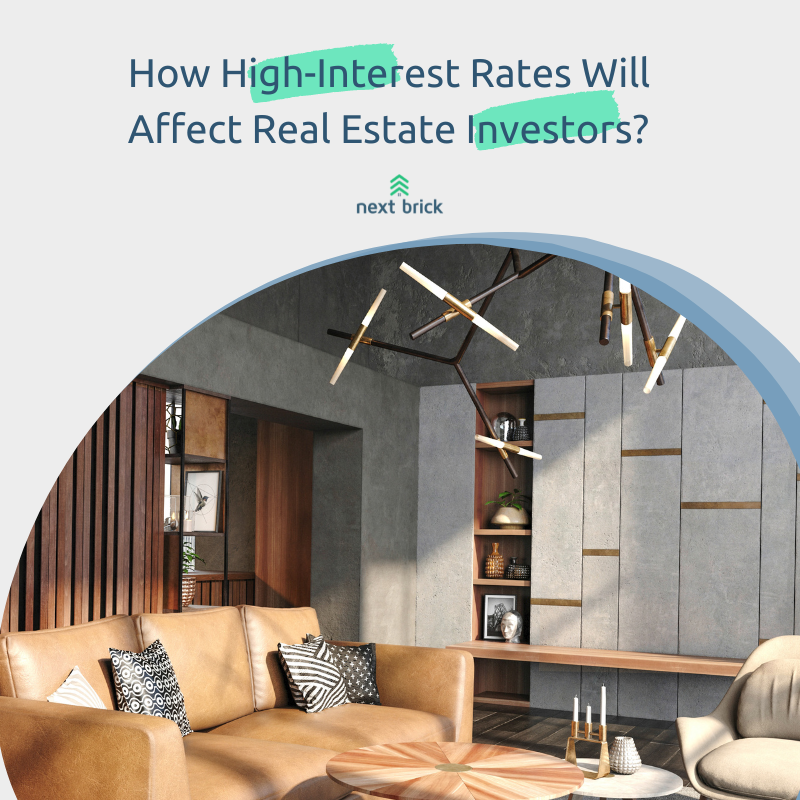
If you are planning on adding to your real estate investment portfolio anytime soon, you will need to consider how the rising interest rates will affect your investment.
As we have already seen, the Federal Reserve Bank has raised rates several times over the past few months and has indicated the increases will continue roughly every six weeks through the remainder of the year .
The Fed is raising rates in an attempt to slow down an overheated economy, artificially bolstered by pandemic related government stimulus and, quite frankly, rates that were kept way too low for way too long.
Interest Rates and Property Prices
Rising rates make it more expensive to borrow money, thus harder to purchase real estate. The effect of rising rates is to push property prices lower.
The most recent data we have shows that so far interest rates are rising faster than home prices are falling. In other words the monthly mortgage payment associated with the same house is significantly higher today than it was last year.
In addition, mortgage applications have fallen quite dramatically last month as well, meaning home prices are sure to follow.
Lower Prices, Higher Rents
In addition to the rising interest rates, our economy has seen significant inflation in the past year. The June year over year inflation rate was 9.1%. Living expenses, things like groceries, gas, and household expenses have shown inflation rates higher than the average.
We also know from history that regardless of real estate prices or interest rates, rents are very closely tied to the inflation rate of consumer goods such as gas and groceries. Therefore, we can be reasonably sure rents will be increasing as leases expire and are renewed.
Where Does This Leave Investors?
The next few years may be a boon for real estate investors, especially those in areas like Seattle and other big cities on the coasts that have seen sky high real estate prices. Those who are currently renting will probably put off purchasing a home of their own for longer than they were planning on previously due to the rising interest rates.
The interest rate increases so far may have added a thousand dollars to a monthly mortgage payment, and we have yet to see the peak in interest rates. This is going to put upward pressure on the demand for rental units and push rents higher.
New construction, and even renovations of existing units, will slow down as inflation pushes up the costs of labor and materials, as well as rates making the cost of money prohibitively high.
Historically, the rising rents have exceeded the rising costs of mortgage payments for rental properties, meaning this environment is ideal for real estate investors, especially those flush with cash and able to pay cash or at least put a large down payment on new investments.
Since we know rates are still going to go up, current investors with equity in their rental properties may want to think about doing a cash out refinance in order to purchase new properties.
Successful investors are the ones who take a long term view. While it may seem like a bad idea to refinance from a low interest loan to a high interest loan, the absolute value of the rate is what matters. Refinancing at 6% now will seem like a good idea next year when rates are at 8%.
Taking a long term view, don’t look at interest rates as being higher now than they were, look at interest rates being at the lowest level they will be for a long time. Capitalization rates on rental units will rise, and investors with cash will have a golden opportunity to pick up profitable properties in 2023.

